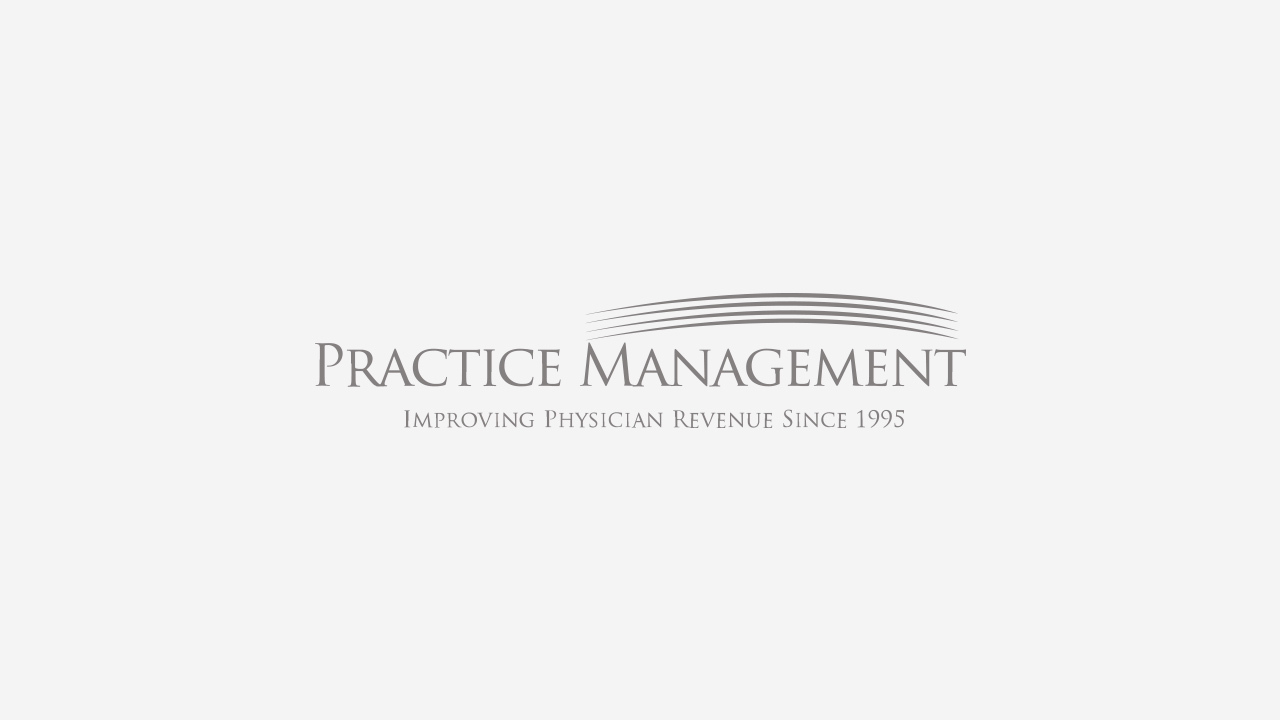
It’s no secret that securing your health center should be a priority. But are you truly protecting your sensitive data? Consider this: One medical record can fetch as much as $1000 on the black market. No wonder healthcare is target number one for hackers. Good news. You don’t have to be a digital security expert to start making a difference right now. We’ll take a look at six ways you can down your health center’s digital assets today.
According to NordVPN, the most used password on the internet is “123456.” If you are using this password, it’s time to make a change. But how do you create a strong password? First, stay away from personal information that others may know. A few examples: your birthday, your dog’s name, or your favorite band. Instead, try a combination of uppercase and lowercase letters, symbols, and numbers. Second, make them long. Experts may disagree on the exact length but aim for at least 12 characters. Finally, don’t fall in love with your passwords because you need to change them frequently. How often? Try to change them every few months.
Multifactor authentication, or MFA, is a security enhancement that can make hacking into your health center difficult. So, what does MFA do, and why is it more secure? Well, MFA requires more than one authentication method. In addition to something you know, like a password, logging into a system or account requires a step or two more. For example: Using MFA, you sign into an account using your password initially. But you are not done successfully signing in. Next, MFA requires you to use another device, like your phone, to verify your login. MFA is powerful because it requires the person signing in to know more than just a password.
It’s a given you should be using antivirus software. However, failing to keep it up to date almost makes it useless. Luckily, your antivirus provider usually provides handy update reminders and even offers automatic updates. Don’t skip them. Hackers are inventing new ideas to get around your security daily.
Anything that can leave your physical building can become a security risk. Know that phones, tablets, and laptops in the wild offer ideal opportunities for those who seek access to your sensitive information. However, the biggest culprits are phones. For convenience, many smartphone users opt to turn off their lock screen. Avoid this error. Set up your lock screen with a strong password, PIN, or use biometrics.
Beyond the digital world, try to limit access to your physical files and your equipment. The most complex passwords, authentication methods, and antivirus are useless if a logged-in computer is left unattended. Don’t be afraid to be selective. Only allow authorized employees to enter areas that may contain, or have easy access to, sensitive data.
A safe and secure health center involves a team of people all pulling in the same direction. All it takes is one team member to become lax in keeping up with his security protocols to allow a breach. Vet each team member thoroughly and train them in all your security protocols. Also, don’t stop with the initial training. Consider hiring a security expert to keep your team up to date with the latest in digital security.
Even when you do everything right, breaches can occur. But like a thief who looks for a building without an alarm, a hacker would rather take an easy path to your digital records. Make it as difficult as possible by following the proper digital security protocols.
We at Practice Management take digital security seriously. To learn more about our security measures click here.